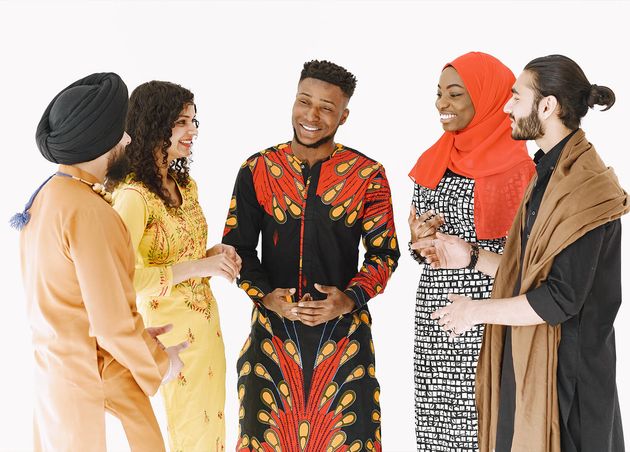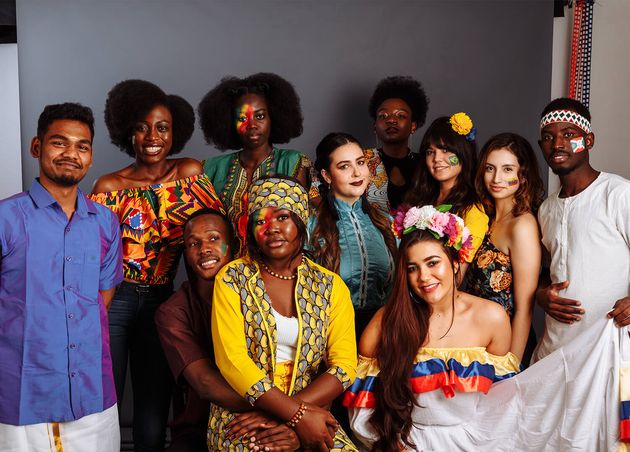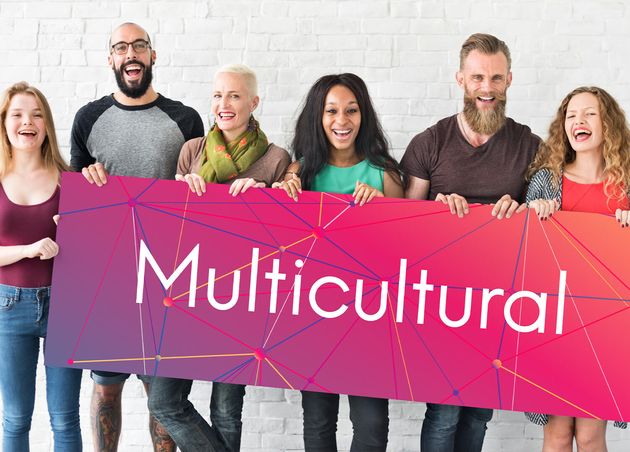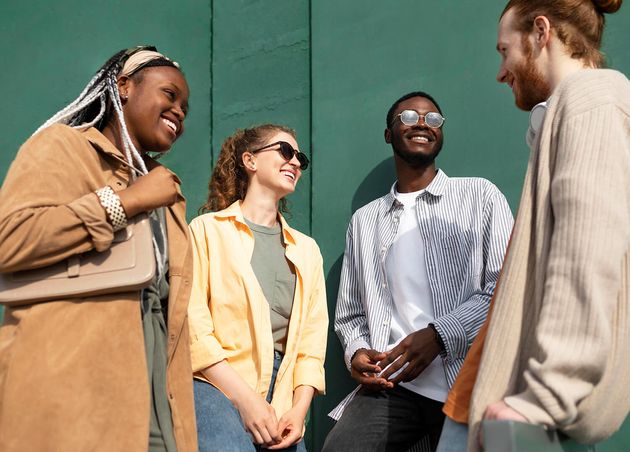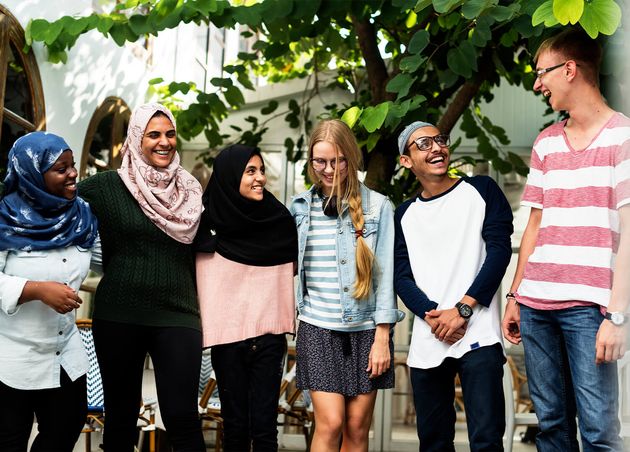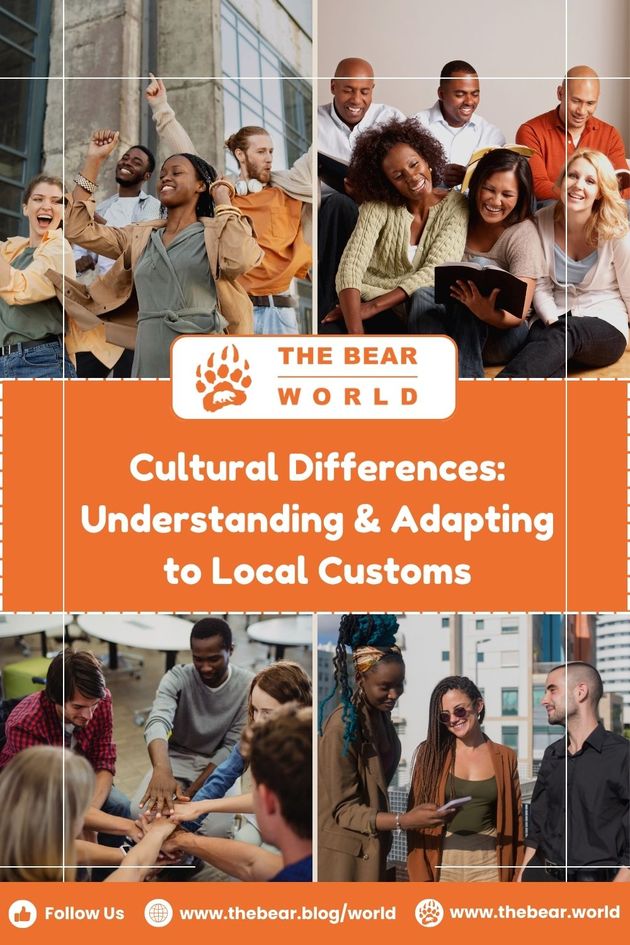Cultural Differences: Understanding and Adapting to Local Customs
Culture plays an essential role in keeping society together. People's cultural traits are exhibited through a shared language, religion, clothes, food, etc. Despite differences in behavior and characteristics, practically all humans share a similar culture.
We may witness several cultures around the globe and the society in which we live: various faiths, languages, and other culturally connected items. We've also seen quite a few more customs.
The fundamental goal is to offer something important to individuals and society. Multiple challenges might develop while living in a society with multiple cultures, and knowing and adjusting between cultures is critical.
So, in this article, I will discuss an expat's understanding and adapting to local customs. Many topics are significant to society, so come, and we should begin reading this vital article!
🚀 Expat Fact!
Over 6,000 languages are now spoken throughout the world.
What is 'Cultural Differences'?
Cultural difference refers to the integrated and maintained system of socially learned values, beliefs, and standards of conduct that influence the spectrum of approved behaviors that separate one cultural group from another. Cultural distinctions are the ideas, actions, languages, customs, and expressions that are thought to be distinctive to individuals of a particular ethnicity, race, or country of origin.
Cultural variations influence how people interact with their surroundings. These classifications result in distinct behavioral and personality differences. As social competencies, differences in levels of self-disclosure, assertiveness, willingness to collaborate, and sustaining positions of the individual or shared interpersonal style may be addressed. For instance, a culture requiring individuals to control their surroundings contrasts with one that encourages living in peace.
What is 'Cultural Awareness'?
Cultural awareness, also known as cultural sensitivity, is the recognition of both similarities and differences in culture while refraining from passing judgment on others. A nonjudgmental perspective allows you to notice cultural variations without labeling them as positive or negative, correct or wrong.
This does not need you to be a cultural expert. It simply means being open-minded and prepared to ask questions to learn more instead of having a knee-jerk response to something you disagree with.
Why is 'Cultural Awareness' Important?
Many countries, cultures, people, and customs are seen and honored. More than likely, you will meet various individuals and encounter unusual scenarios.
Increasing your cultural awareness or understanding of other cultures enables you to form more meaningful interactions with people around you. You're honing your sensitivity and concern for others while celebrating your differences and similarities. This reduces your likelihood of treating someone differently just because they are of another ethnic group or culture than you.
Effective Ways to Build Cultural Understanding and Awareness
It's all too simple to remain with what you know rather than try to meet individuals who aren't like you. On the other hand, actively attempting to comprehend and welcome cultural differences can open up a whole new universe of experiences. You can accomplish the following:
#1 Become Self-Aware
Determine your own personal views, values, and prejudices. This includes prejudices based on your cultural heritage. Yes, it may be challenging, but you will be able to evaluate how these features may alter your attitude toward and comprehension of diversity.
Consider the beliefs you create about your friends, classmates, coworkers, and strangers you pass on the street. Reflect on your assumptions about others who share your background.
#2 Do Your Research
Learning about diverse cultures can help you better understand cultural diversity. Watch some foreign films on SBS or Netflix, go to a local culinary festival, or look into some internet resources.
#3 Speak with Someone from a Different Culture
Try to learn more about somebody having a distinct culture. You don't have to publicly query them about their culture, but by becoming friends or peers, you'll discover more about their lives and experiences. Simply being interested and open-minded might be beneficial.
Chat or catch up with a friend or colleague you've been meaning to get to know better. Remember to take care of them like any other person, and avoid thinking of them as a tool to learn about different cultures. If you'd instead try to succeed online, some websites may assist you in finding an overseas pen pal. If you're studying a language, this is also an excellent method to practice it.
#4 Travel
Living among different cultures is one of the finest ways to experience and comprehend them. It may take some time to save for, but arranging a vacation to a place of interest might be the finest way to expose oneself to other cultures. Explore some cyberspace and history from the convenience of your home.
#5 Be More Accepting
Some cultural differences might be challenging to grasp for a variety of reasons. In these cases, the best strategy is to realize that some individuals are different and accept that this is fine. Accepting someone doesn't have to understand or even agree with them. You might try being compassionate to others around you and being careful of your views about others. Try not to compare or judge.
What is 'Cultural Adaptability'?
Cultural adaptation refers to an individual's capacity to change their communication and management approaches based on the social and cultural context in which they operate. It is an acceptance that others' techniques, methods, or attitudes may differ based on their cultural background.
Why Do We Need to be Culturally Adaptable?
Why is cultural adaptability so important? Cultural flexibility enables us to work around potential obstacles to achieve the greatest possible outcome. Furthermore, not only is this vital in international communication, but understanding how to modify communication for cultural variations in various professional contexts may also assist individual teams.
The Capability of Adapting to a Foreign Culture
Global dexterity is the ability to modify your conduct in a foreign cultural context as appropriate to meet new and different expectations distinct from those in your local cultural setting. It may be a difficult talent to master. It necessitates acting on what you know: the ability to mold and conduct in foreign cultural circumstances to be productive and suitable without losing your identity.
You may feel worried and humiliated about your incapacity to understand the new cultural standards; you may feel inauthentic when engaging in these new behaviors, especially if the new rules contradict portions of your deeply held values and beliefs.
You may also be disappointed and furious that you must adjust in the first place, asking why the other side cannot adapt to you. These emotions can impede your capacity to properly change your conduct, causing your professional image and efficiency to suffer. When learning to modify their cultural behavior, people may confront three significant challenges
- The Competence Challenge
- You feel that your knowledge and competence are insufficient to modify conduct.
- The Authenticity Challenge
- You see the new conduct in opposition to your previous manner of acting and your established cultural values and beliefs.
- The Resentment Challenge
- You feel as if the effort of cultural adaptation is a hardship and a burden.
How to Handle These Obstacles?
So, how can you find a method to adjust behavior that isn't so awkward and inauthentic? It may appear challenging, but it is relatively simple. The trick is to recognize that you have far more influence than you know to shape behavior that suits both the new culture and you. The initial and most crucial step is studying the new cultural rules, sometimes called the cultural code. Learning this code is critical since it is the first step in assisting you in devising a strategy to feel authentic while still being productive.
What exactly is "cultural code"? Every circumstance you confront, whether learning to deliver constructive criticism, making small chats, negotiating, participating in a meeting, or asking your employer for a favor, has specific guidelines for proper behavior in a particular cultural environment. Although there are various ways to define these standards, I depict them in terms of six dimensions that represent the expectations that others have for our behavior in a foreign place.
These six characteristics describe fundamental features of communication that vary between cultures. Previous psychology and cross-cultural communication studies have demonstrated them to predict crucial personal and professional results. Of fact, there are several possible aspects of communication style, and these six characteristics are not the only ones that exist or vary among cultures.
This collection does a fantastic job of portraying cultural differences in a concise yet thorough manner:
- Directness
- Enthusiasm
- Formality
- Assertiveness
- Self-promotion
- Personal disclosure
Understanding and Adapting to Local Customs Properly
It is critical to remember that simply hearing or reading about a culture does not imply that everyone from that culture acts, thinks, or feels the same way. People from various cultural backgrounds don't all walk a particular path, just as not everyone you know has the same beliefs. One of the most challenging challenges in recognizing cultural differences is interpreting things from a single point of view.
It is essential to respect and understand other co-cultures, especially no matter what culture you belong to. And it is imperative to act in a way that does not interfere with others within your culture. The most important thing to remember is that everyone, regardless of ethnic background, has their thoughts, habits, and way of living. Accepting that everyone is unique makes comprehending and welcoming cultural differences simpler.
Recommended for you
101 Food & Drink: A Sophisticated Sports Bar in Bangkok
Tle (Hungry Bear)
Forget Bangkok: Here's Where the Local Thais Secretly Travel
Dr. Theodore (Professor Bear)
Traditional vs. Modern: Exploring the Evolution of Songkran Celebrations in Thailand
Marc Tubelleja (Curious Bear)
Travel to Eastern Thailand Guide: Everything You Need to Know
Dr. Theodore (Professor Bear)



